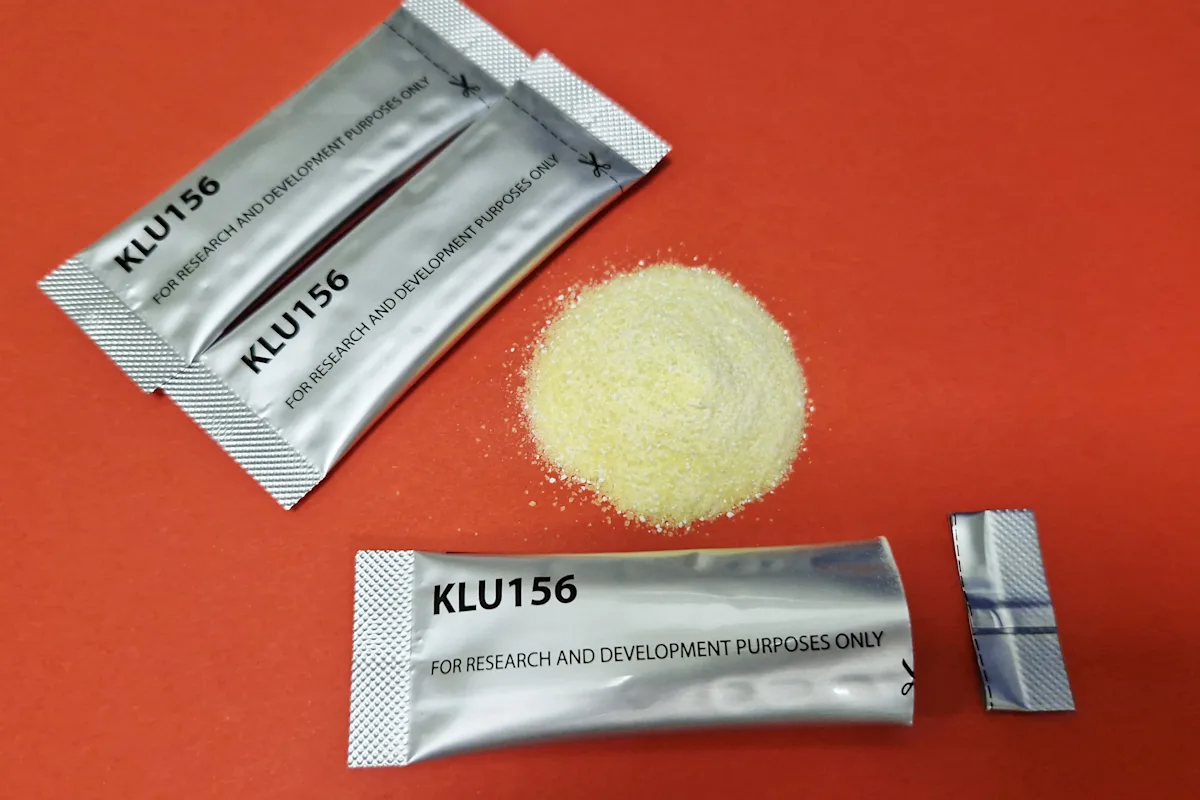Home / Health / Malaria Fighters Unveil Promising New Treatments to Tackle Drug Resistance
Malaria Fighters Unveil Promising New Treatments to Tackle Drug Resistance
13 Nov
Summary
- Novartis' experimental drug GanLum shows over 97% cure rate
- Single-dose treatment combining 4 malaria drugs proves effective
- Malaria parasite developing resistance to existing medications

In a significant development in the fight against malaria, researchers have unveiled two promising new treatments to tackle the growing resistance of the disease-causing parasite to existing medications.
A study conducted by Novartis in 12 African countries found that their experimental drug, GanLum, achieved a cure rate of better than 97% - slightly higher than the current standard artemisinin-based treatment. GanLum is a combination of a new drug, ganaplacide, and an existing long-acting medication, lumefantrine. Novartis is now working towards regulatory approvals, with the goal of making GanLum available to patients within the next 18 months.
Separately, another team of researchers reported that a single-dose treatment combining four widely available malaria drugs - an artemisinin, pyronaridine, sulfadoxine, and pyrimethamine - proved to be an effective cure in a study conducted in West Africa. This one-time treatment could help address the challenge of patients failing to complete the current standard three-day course, which can contribute to drug resistance.
However, the malaria battle remains an uphill struggle, as the disease-causing parasite has repeatedly developed resistance to new drugs over time. Experts warn that the parasite's ability to adapt poses a serious threat, with the potential to reverse the hard-won gains in reducing global malaria deaths in recent years.



